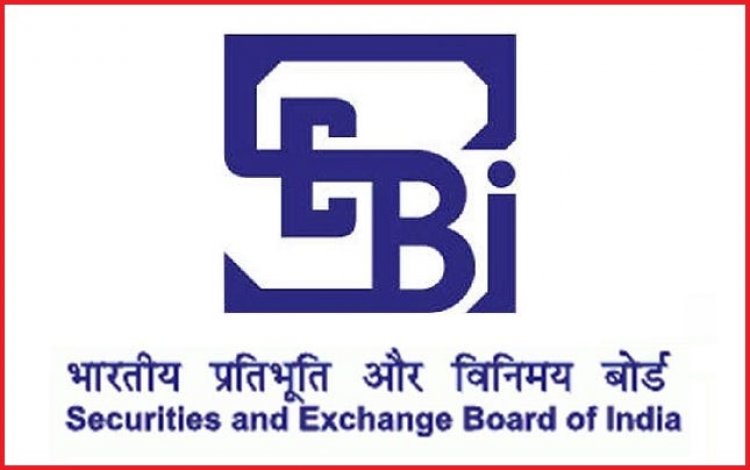SEBI Grade A Exam: Understanding the Role of Securities and Exchange Board of India
The SEBI Grade A Exam opens doors to careers in securities regulation. Join SEBI, safeguard market integrity, and foster investor confidence!

In the bustling world of finance, the Securities and Exchange Board of India (SEBI) stands as a guardian, ensuring the integrity and transparency of the securities markets. SEBI, through its Grade A Exam, recruits professionals who play a pivotal role in regulating and nurturing the Indian financial landscape. This article aims to unravel the essence of the SEBI Grade A Exam and elucidate the crucial role of SEBI in the Indian economy.
Understanding SEBI:
SEBI, established in 1988, operates as the regulator for the securities market in India. Its primary objective is to protect investors' interests and promote the development of the securities market. SEBI formulates regulations and guidelines to govern various market participants, including stock exchanges, brokers, merchant bankers, and mutual funds. Moreover, it strives to maintain fair practices and curb malpractices such as insider trading and fraudulent activities.
SEBI's Regulatory Framework:
SEBI's regulatory framework encompasses a wide array of functions aimed at fostering market transparency and efficiency. One of its core functions involves regulating the issuance and trading of securities. SEBI mandates disclosure norms for companies going public through initial public offerings (IPOs) and ensures that investors receive accurate and timely information.
Additionally, SEBI regulates intermediaries such as stockbrokers and sub-brokers to uphold market integrity. It sets stringent eligibility criteria and monitors their conduct to safeguard investors' interests. Moreover, SEBI oversees the functioning of stock exchanges, ensuring compliance with regulatory norms and facilitating a fair and orderly trading environment.
SEBI's Role in Investor Protection:
Investor protection lies at the heart of SEBI's mandate. The regulatory body endeavors to empower investors with knowledge and safeguards to make informed investment decisions. SEBI mandates investor education initiatives and promotes financial literacy to enhance investors' understanding of market risks and opportunities.
Furthermore, SEBI operates grievance redressal mechanisms to address investor complaints promptly. It ensures that investors have recourse in case of grievances related to securities fraud, mis-selling, or any other misconduct by market participants. By fostering trust and confidence in the securities market, SEBI contributes to the overall growth and stability of the financial ecosystem.
SEBI Grade A Exam:
The SEBI Grade A Exam serves as a gateway for professionals aspiring to join the regulatory body. It assesses candidates' knowledge, skills, and aptitude in various domains relevant to securities regulation. The exam typically covers topics such as securities laws, financial markets, corporate governance, and regulatory frameworks.
Candidates appearing for the SEBI Grade A Exam undergo a rigorous selection process comprising multiple stages, including preliminary exams, mains, and interviews. The SEBI Grade A syllabus encompasses both theoretical concepts and practical aspects of securities regulation, requiring candidates to demonstrate a comprehensive understanding of the subject matter.
Career Opportunities with SEBI:
Joining SEBI through the Grade A Exam opens up diverse career avenues for professionals in the field of securities regulation. SEBI offers opportunities to work across different departments, including legal, enforcement, surveillance, and market regulation. Professionals can leverage their expertise to contribute towards shaping regulatory policies, conducting market research, and enforcing compliance norms.
Moreover, working at SEBI provides exposure to the dynamic landscape of the securities market and offers opportunities for continuous learning and professional growth. Employees at SEBI play a pivotal role in safeguarding market integrity, promoting investor confidence, and fostering innovation in the financial sector.
Conclusion:
The SEBI Grade A Exam serves as a stepping stone for professionals aspiring to contribute towards the development and regulation of the securities market in India. SEBI's role as a market watchdog is indispensable in maintaining market integrity, protecting investors' interests, and fostering market growth. By understanding the significance of SEBI and its regulatory functions, aspirants can embark on a fulfilling career path aimed at shaping the future of India's financial landscape.


 Jhonwik1
Jhonwik1 















/cdn.vox-cdn.com/uploads/chorus_asset/file/25115065/DCD_Avishai_Abrahami.jpg)







